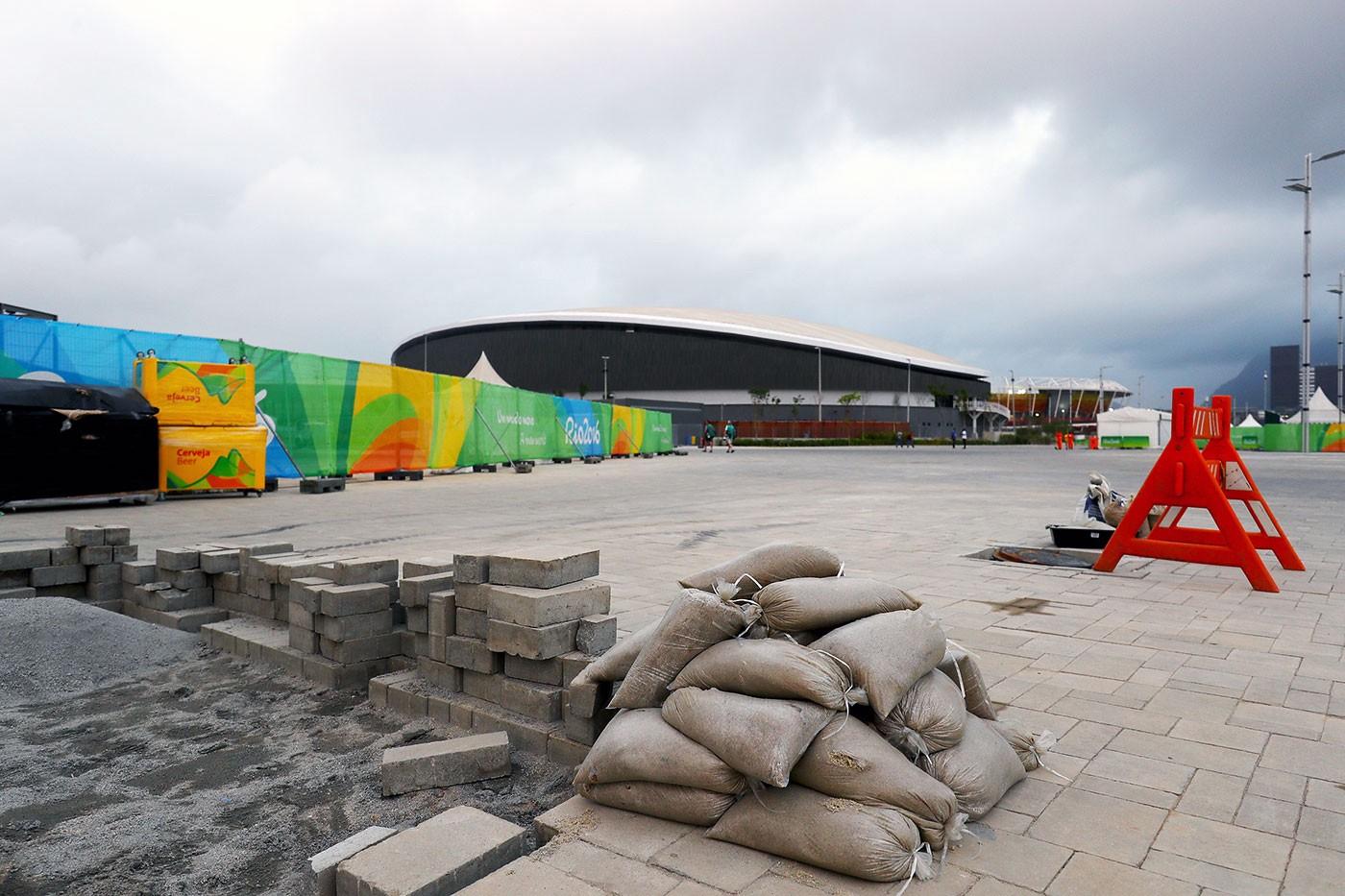
Citizens of the world, let me tell you something that you in all likelihood already know: Hosting the Olympics is a very bad idea. Shall we count the ways?
They almost always go vastly over budget. The promised ripple effects of the massive influx of visitors fail to enrich the local economy. That massive influx of visitors, in fact, might not come at all, and the International Olympic Committee takes an ever-increasing slice of the revenue. The new facilities — the ones that your local officials promised would provide so much value for the city for years after the last closing-ceremony firework — mostly sit dormant, and many crumble prematurely.
Many potential hosts have now caught wise. Only five cities bid for the 2020 Olympics, which Tokyo will host, compared to 11 for the 2004 Summer Games (which ended up in Athens).
“After Oslo dropped out last October, only two cities — Beijing and Almaty, Kazakhstan — are now candidates to host the 2022 Winter Olympics,” The Economist wrote last year in a review of Andrew Zimbalist’s Circus Maximus: The Economic Gamble Behind Hosting the Olympics and the World Cup (the 2022 Games will be in Beijing), “providing further support for a prediction in a 2012 report commissioned by the Dutch government that in the future only non-democratic countries will pay up to host the events.”
Given all this, might it finally be time to build a permanent Olympic site?
I know, I know: So much of the way the games are marketed has to do with the unique appeal of the host country and city. Copacabana Beach, we are told, won’t merely be nearby as Simone Biles sprints down the mat: It will inform the entire flavor of the palm-dazzled, caipirinha-drenched competition.
Sorry, but do you really believe that? Yes, there will be some distinct Brazilian ~flair~ to this month’s opening and closing ceremonies; yes, there will be smiley Brazilians on hand to distribute medals like they’ve just meandered away from some coconut-oil-drizzled destination wedding; yes, the very lucky few among us who are traveling to the games will get to enjoy all that Rio has to offer; and yes, Christ the Redeemer peering down from the mountains between each commercial break will be a lovely (and righteous!) palate cleanser. But what matters — what we’ll pay attention to, when it’s all said and done — is the athleticism: the stuff that happens on and in the stadiums, pools, tracks, and Copacabana-adjacent mats. The rest is just table dressing.
The strongest arguments against building a permanent site include: a limited supply of picturesque post cards (see above), a lack of massive rustling stacks of dollars to hand over to IOC officials for them to fill their newly expanded pools with [10,000 firework emojis], and that giving one country the games forever would give that nation and its athletes an unfair home-field advantage.
To which I say: baloney. The Olympics have never been a geographically equitable exercise in hosting: 22 of the 28 modern Summer Games have taken place in Europe and North America. The IOC has spent the last decade attempting to move beyond the West — Beijing, Rio, Pyeongchang, and arguably Sochi and Tokyo all qualify as “progressive” choices — but the fact is that there has rarely been a pretense of shared global responsibility for the games.
We can build allure around the new site. It will be a forbidden city to which we gain access only every four years — a palatial compound of the biggest, best, most magnificent athletic facilities the world has ever seen, built to last for 100 years because in 99 years we will still be turning to each other and saying, “Please, can we do that again?” (Oh, sorry, you think you’ll get bored of it? Has Mykonos become any less dazzling because every stupid jerk you went to college with who now makes an inexplicably large amount of money has posted honeymoon pictures from there? Do you want to be hand-fed feta there any less? No.)
So the question becomes: Where should we build this thing? I can think of one city that sure knows how to put on a show.

